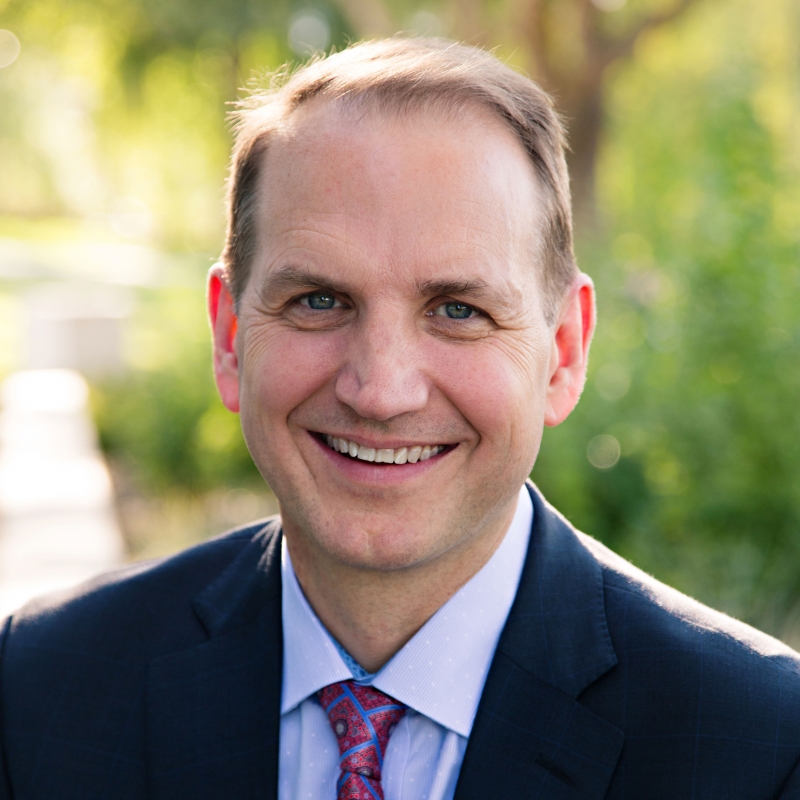
Brian Schwartz, MD
Divine Encounters
So then each of us will give an account of himself to God. Therefore let us not pass judgment on one another any longer, but rather decide never to put a stumbling block or hindrance in the way of a brother,” (Rom. 14:12-13).
As physicians and dentists, we daily come into contact with those searching for truth. Though our human tendency is often to try to reach the wealthier or the more “successful” of our patients, frequently it is the social outcasts who may be most receptive to the gospel. While Jesus did have success with the “well-to-do” and even some Pharisees, by far the group that responded most readily to Him was the common folk, people like publicans and those deemed “sinners” by society.
I have found this to be true in my practice. I have one patient, Danny, a self- described loner. He’s a computer hacker who sports a Mohawk—despite being in his 60s—and who is not very conversational; on the contrary, he’s rather cynical, argumentative and antisocial. To top it off, he made it very clear that he didn’t want to make any lifestyle changes.
One day, in a Sam’s Club store, I spotted Danny two aisles down looking at computer software. My first reaction was to turn away before he saw me, but for some reason I felt led to acknowledge him. So I walked up to Danny and his wife and said, “Hello.” He seemed astonished that I remembered his name and greeted him. We had a respectful conversation for several minutes and then went our separate ways.
The next time I saw him in the office, he acted like a different person. He was happy to see me; he even brought me an article regarding creation and asked if that is what I believe. He clearly didn’t but remained interested as I explained why I do. For the first time, he welcomed prayer and, on subsequent visits, he has brought up spiritual questions and has now accepted Christian literature.
While my assistant was giving him an echocardiogram, his wife searched me out to tell me that she was so surprised and grateful that I would stop and talk to Danny, and that it had made a huge impression on him. She stated that no one treats him as respectfully as I had and, with tears in her eyes, she thanked me.
I must admit: my natural inclination was to turn away, but I learned that even the simple things, like treating a social outcast with respect, can go a long way in opening up doors for the gospel.
Ministry of Healing (p. 165) states: “As we partake of His Spirit, we shall regard all men as brethren, with similar temptations and trials, often falling and struggling to rise again, battling with discouragements and difficulties, craving sympathy and help. Then we shall meet them in such a way as not to discourage or repel them, but to awaken hope in their hearts.”
Paul puts it this way in 2 Corinthians 5:14-16, “For the love of Christ constrains us, because we judge thus: that if One died for all, then all died; and He died for all, that those who live should live no longer for themselves, but for Him who died for them and rose again. Therefore from now on, we regard no one according to the flesh…” (emphasis mine).
By treating all humanity with respect, and seeing the outcast as they might become in Christ, we can make a profound difference for His kingdom.
